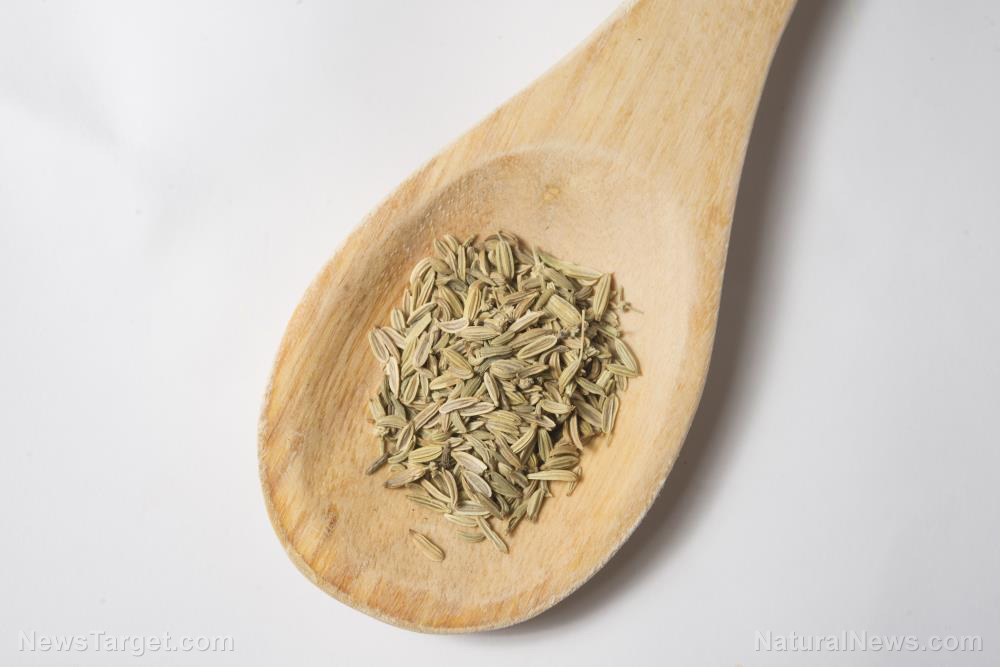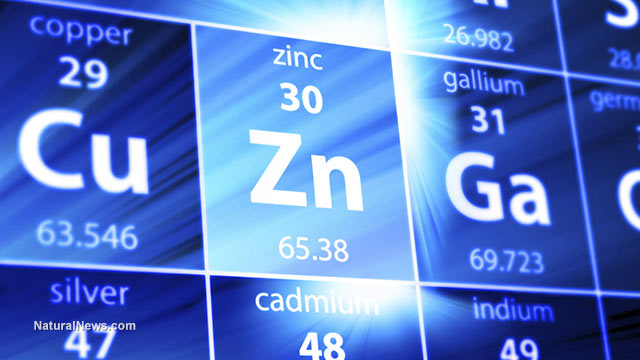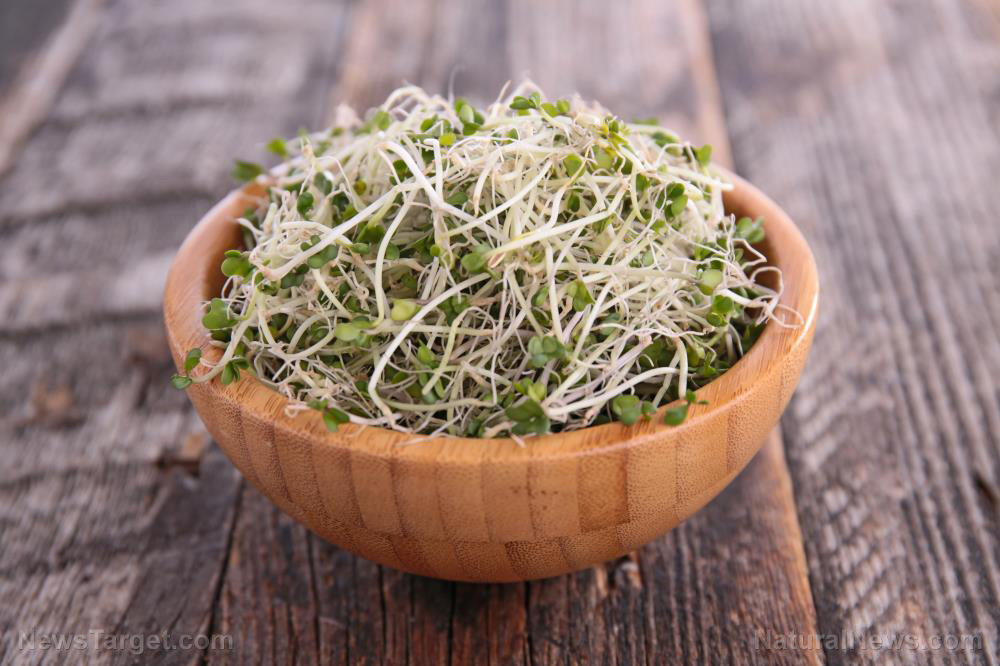TCM’s red sage found to reduce inflammation and promote healing in those with acute kidney disease
07/23/2019 / By Michelle Simmons

Red sage, scientifically known as Salvia miltiorrhiza or danshen in Chinese, is a well-known herbal medicine in China and other Asian countries used for treating various health problems. A study published in The American Journal of Chinese Medicine suggested that red sage can also be used for treating acute kidney injury.
Acute kidney injury is a condition in which the kidneys can’t filter waste from the blood properly for a few hours or a few days. As a result, waste products in the blood accumulate and make it hard for the kidneys to keep the right balance of fluid in the body. It can also affect other organs, such as the brain, heart, and lungs.
Researchers from the Medical School of Nanjing University in China looked at the effect of red sage on acute kidney injury in mice. Red sage contains an active component called tanshinone IIA. Earlier studies have reported that this compound has pleiotropic effects on many disease treatments because of its ability to neutralize toxins, fight inflammation, reduce oxidative stress, and prevent fibrosis. (Related: Red sage, also known as Chinese sage, found to protect the kidneys of people with severe acute pancreatitis and obstructive jaundice.)
For the study, the Chinese researchers induced acute kidney injury in mice with folic acid, then treated the animals with tanshinone IIA. Excessive folic can be toxic to organs.
The researchers discovered that treatment with tanshinone IIA improved kidney function in folic acid-induced kidney injury mice. In the acute phase of kidney injury, tanshinone IIA administration reduced renal tubular epithelial injury. In addition, it increased proliferating cell nuclear antigen (PCNA) expression and decreased inflammatory cells infiltration and chemokine expression. This suggested that tanshinone IIA promoted kidney repair following acute kidney injury and inhibited the local inflammatory response in the injured kidney. Tanshinone IIA treatment led to decreased long-term fibrosis, which was characterized by less accumulation of fibronectin and collagen I in tubulointerstitium.
 | Discover how to prevent and reverse heart disease (and other cardio related events) with this free ebook: Written by popular Natural News writer Vicki Batt, this book includes everything you need to know about preventing heart disease, reversing hypertension, and nurturing your cardiac health without medication. Learn More. |
Based on these results, the Chinese researchers concluded that tanshinone IIA may be used as a natural medicine for the treatment of acute kidney injury.
Another study proves red sage’s potential in treating kidney damage
Researchers from Hebei Medical University in China also studied the effects of red sage on kidney damage and found that red sage can significantly restore abnormal function and improve the pathological changes of the kidney in iron-overloaded mice.
In their study, mice were mock-treated with saline or given a single dose of 50 milligrams per kilogram (mg/kg) iron dextran every day for two weeks. Then, mice that received the iron dextran were treated with low-dose of red sage, high-dose of red sage, or deferoxamine drug daily.
The results revealed that iron-overloaded mice that received red sage treatment experienced significant improvements in body weight and decreased iron levels in the kidney. Red sage also increased antioxidant activities in the kidneys. It reduced the levels of oxidative stress markers such as blood urea nitrogen, creatinine, and malondialdehyde, as well as increased glutathione peroxidase and superoxide dismutase activities. Histopathological tests also revealed that red sage treatment ameliorated pathological changes and reduced iron deposition in kidneys of iron-overloaded mice. Furthermore, the treatment was demonstrated to suppress programmed cell death in nephrocytes.
Overall, these results suggested that red sage treatment exhibited significant kidney-protective effects against kidney damage caused by excess iron by reducing iron deposition and suppressing lipid peroxidation and programmed cell death in the kidney. The researchers published their results in the journal PLOS One.
Read more about the health benefits of red sage and its compounds by visiting ChineseMedicine.news.
Sources include:
Tagged Under: alternative medicine, antioxidants, Chinese medicine, Chinese red sage, danshen, herbal medicine, Herbs, kidney damage, kidney disease, medicinal plants, natural cures, natural healing, natural medicine, natural remedies, prevention, red sage, research, Salvia miltiorrhiza, tanshinone IIA, TCM, traditional Chinese medicine
RECENT NEWS & ARTICLES
Natural.News is a fact-based public education website published by Natural News Features, LLC.
All content copyright © 2018 by Natural News Features, LLC.
Contact Us with Tips or Corrections
All trademarks, registered trademarks and servicemarks mentioned on this site are the property of their respective owners.



















